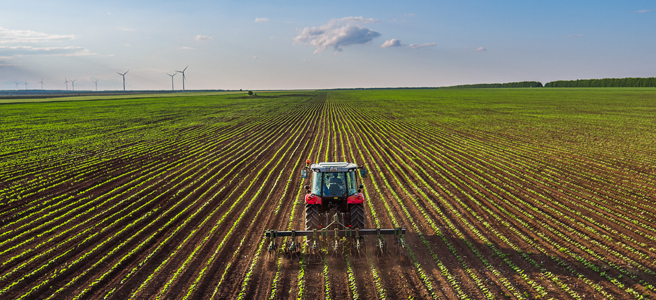22
Sep
2017

NPR reports that authorities in Arkansas have forged a plan to ban dicamba next year. The news comes after over 1,000 complaints have been issued by local farmers in the state citing that the herbicide has been prone to drifting to neighboring fields, stunting the growth of their crops. To learn more about the investigation, visit zimmreed.com/case/dicamba-herbicide-drift/.
